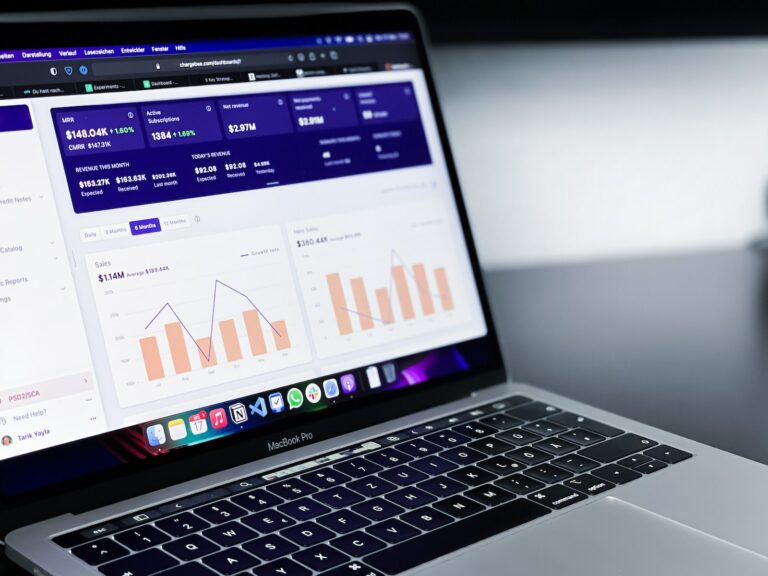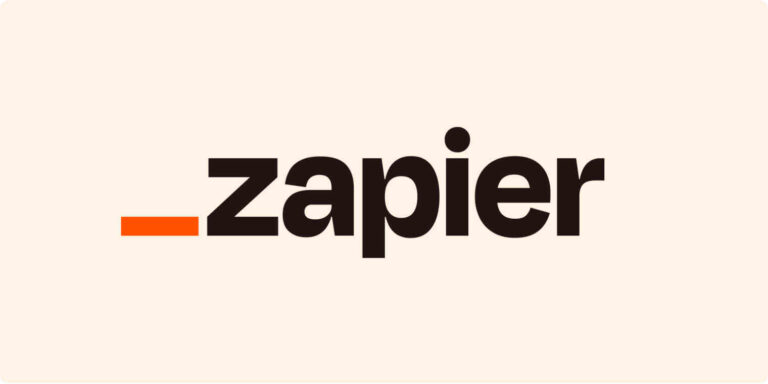Web Scraping Ethics and Best Practices
In today’s digital age, web scraping has become an essential tool for collecting data from the vast expanse of the internet. Whether for business intelligence, academic research, or competitive analysis, web scraping can provide valuable insights. However, with great power comes great responsibility, and it’s crucial to navigate the world of web scraping with ethics and best practices in mind. In this article, we will explore the ethical considerations and best practices that should guide your web scraping endeavors.
Understanding the Ethics of Web Scraping
- Respect for Website Terms of Service: Before scraping a website, it’s imperative to review and adhere to its terms of service. Many websites explicitly prohibit or restrict web scraping in their terms. Ignoring these terms can lead to legal issues and damage your reputation.
- Respect Robots.txt: The Robots.txt file is a tool that website administrators use to communicate their preferences to web crawlers. It’s a good practice to check for and respect the instructions in this file. If a website disallows scraping in their Robots.txt, it’s best to avoid scraping it.
- Data Privacy and Consent: When scraping data from websites, consider whether the data contains personal information. Ethical scraping should always respect individuals’ privacy and comply with data protection laws like GDPR. If you’re dealing with sensitive data, ensure you have proper consent or anonymize the data.
- Rate Limiting: Crawling a website too aggressively can overload its servers and disrupt its normal operation. Implement rate limiting to ensure you scrape responsibly. This means spacing out your requests and respecting the website’s bandwidth.
Best Practices for Web Scraping
- Use Legitimate Scraping Tools: Choose reputable scraping tools or libraries that follow ethical guidelines. Tools like BeautifulSoup and Scrapy are widely accepted in the web scraping community and have built-in features for ethical scraping.
- Identify Yourself: Make your web scraping intentions clear by including a user-agent in your requests. This allows website administrators to contact you in case of issues or concerns.
- Avoid Overloading Servers: Implement delay mechanisms between requests to avoid overwhelming a website’s servers. This not only prevents disruptions but also reflects responsible scraping behavior.
- Error Handling: Be prepared for errors and exceptions. Websites may change their structure, or your scraping code may encounter unexpected issues. Handling errors gracefully ensures your scraping process continues smoothly.
- Monitor Changes: Websites frequently update their structure and content. Regularly check if your scraping code needs adjustments to adapt to these changes.
- Caching: Implement a caching mechanism to store scraped data locally. This reduces the need to repeatedly scrape the same data, which can save bandwidth and reduce server load.
- Avoid Scraping Sensitive Information: Be cautious when scraping sensitive data such as personal information, financial data, or copyrighted content. Respect laws and regulations that govern such data.
- Be Transparent: If you plan to use the scraped data for any purpose beyond personal use, be transparent about your intentions. Clearly state how the data will be used and obtain any necessary permissions.
Legal Considerations
While ethical guidelines provide a moral compass, it’s equally important to be aware of the legal aspects of web scraping:
- Copyright and Intellectual Property: Respect copyright laws when scraping content. Directly copying and distributing copyrighted material without permission can result in legal consequences.
- Trespass to Chattels: Some jurisdictions consider web scraping as a trespass to chattels, which is the interference with the rightful possession of a computer system. Always seek legal advice to ensure compliance with local laws.
- Data Protection Laws: If you’re scraping personal data, ensure compliance with data protection regulations like GDPR in Europe. These laws dictate how personal data should be collected, processed, and protected.
In conclusion, web scraping can be a powerful tool when used ethically and responsibly. By respecting website terms of service, adhering to best practices, and staying informed about legal considerations, you can harness the benefits of web scraping while avoiding potential pitfalls. Remember, the trust and reputation you build as a responsible web scraper will go a long way in establishing you as an authority in this field.







